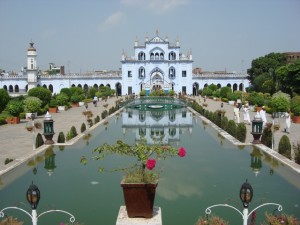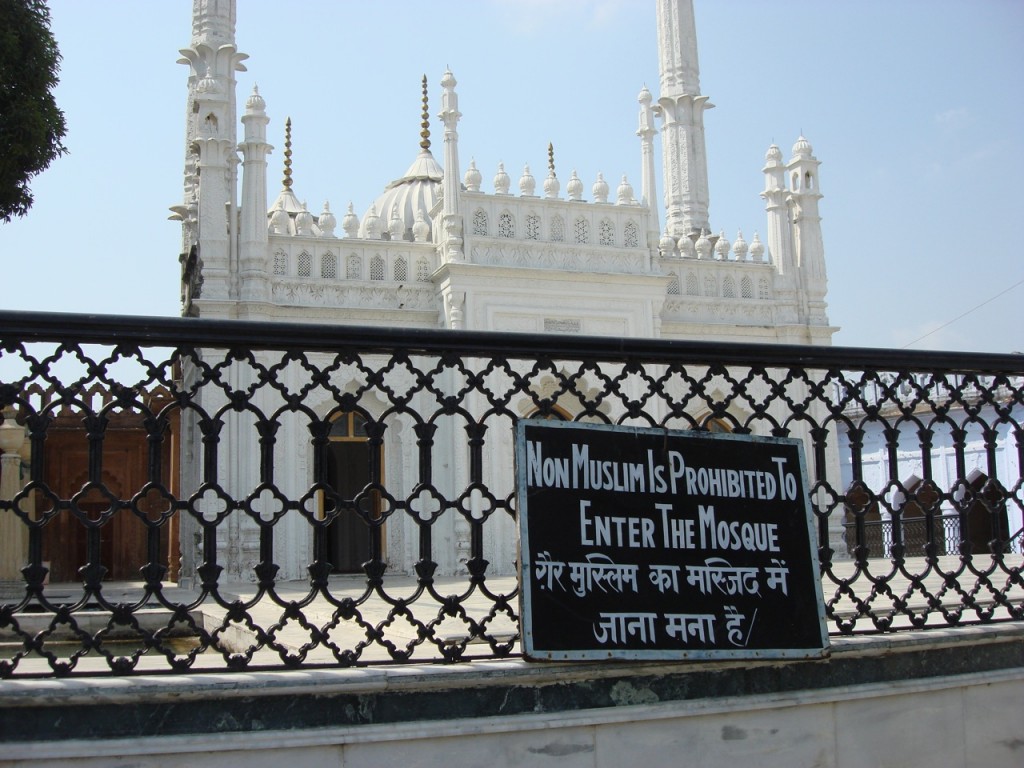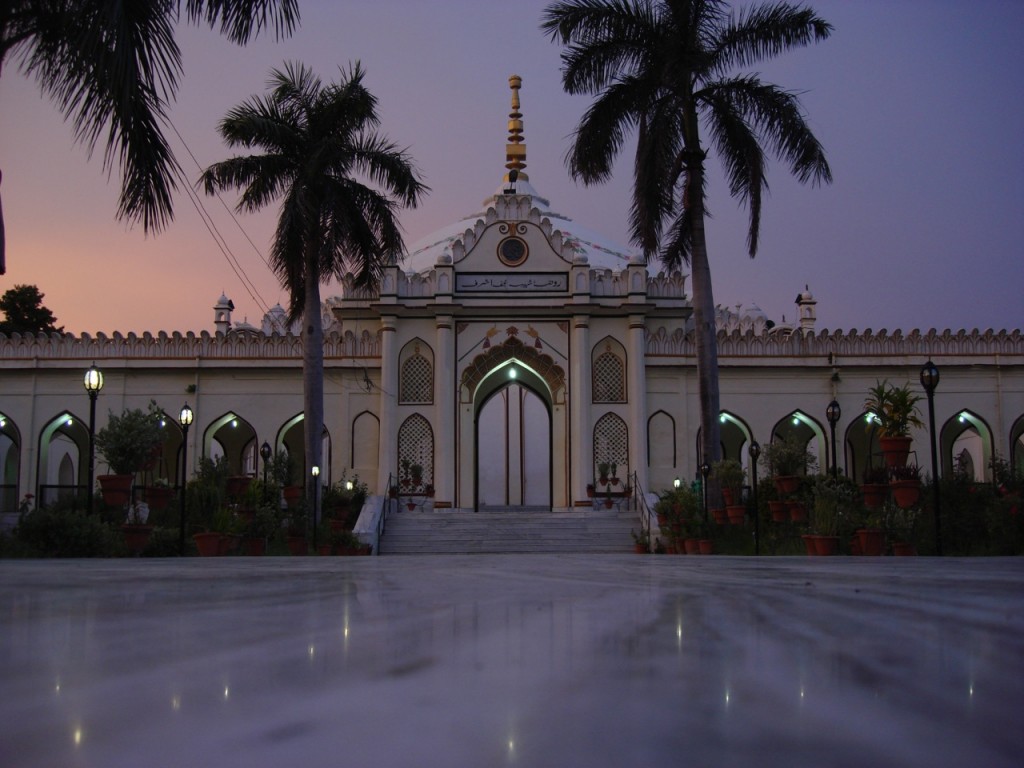 Summary. The Islamic Life Resource Group provides various services and resources for Muslim living.
Summary. The Islamic Life Resource Group provides various services and resources for Muslim living.
Services. We offer video production, audio recording for events, photography services, website development, as well as training and computer support through the Technology Services Resource Group.
Resources. In addition to offering helpful resources and professional services, we also work to convey an accurate (and therefore positive) portrayal of Islam to the public through this informational website. Please feel free to contribute links and content that are consistent with our mission.
Muslim Viewpoint. This scripture from the Qur’an describes the general intention of Islam.
Righteousness is not that you turn your faces toward the east or the west, but [true] righteousness is [in] one who believes in Allah, the Last Day, the angels, the Book, and the prophets and gives wealth, in spite of love for it, to relatives, orphans, the needy, the traveler, those who ask [for help], and for freeing slaves; [and who] establishes prayer and gives zakah; [those who] fulfill their promise when they promise; and [those who] are patient in poverty and hardship and during battle. Those are the ones who have been true, and it is those who are the righteous. [AlBaqarah, The Cow, 2:176]
About Islam. The Prophet Muhammad (peace be upon him) once told a companion: “Help the weak or do some good for a person who cannot work for himself.” His companion replied: “(But what) if I cannot do that?” The Prophet said: “(Then at least) refrain from harming others, for this will be regarded as a charitable deed (on your part).” Sahih Al-Bukhari, Volume 3, Hadith 694
 There are many views and statements today regarding the nature of Islam. Unfortunately, much of world opinion has been shaped by a minority of self professed Muslims who advocate violence, separatism, hatred and intolerance. Anti-Arab and anti-Muslim groups state their own twisted and misinformed rhetoric and hateful propaganda. Western media isn’t an ally of Allah either. So, the general public is presented with images of Muslims who are terrorists and suicide bombers. In this ocean of misinformation, it is difficult to find the true meaning of Islam. This website is designed to provide access to information and resources from the best of what Islam has to offer. We hope you appreciate this site. Please feel free to contribute links and content that are in line with the mission of this site.
There are many views and statements today regarding the nature of Islam. Unfortunately, much of world opinion has been shaped by a minority of self professed Muslims who advocate violence, separatism, hatred and intolerance. Anti-Arab and anti-Muslim groups state their own twisted and misinformed rhetoric and hateful propaganda. Western media isn’t an ally of Allah either. So, the general public is presented with images of Muslims who are terrorists and suicide bombers. In this ocean of misinformation, it is difficult to find the true meaning of Islam. This website is designed to provide access to information and resources from the best of what Islam has to offer. We hope you appreciate this site. Please feel free to contribute links and content that are in line with the mission of this site.
 Islam is a religion with a much potential for beauty, peace, and transcendence. While some religious traditions today have adapted to the fickle and ever changing modern cultural demands, Islam has remained much the same for hundreds of years. One might think that an emphasis on holiness, modesty of dress, regular daily prayer, fasting, dedication to Allah (God), giving money to the poor, and marital fidelity might dissuade people from pursuing Islam. However, Islam continues to grow world-wide as people increasingly find it to be a meaningful and rewarding way of life, as well as a supportive and compassionate community.
Islam is a religion with a much potential for beauty, peace, and transcendence. While some religious traditions today have adapted to the fickle and ever changing modern cultural demands, Islam has remained much the same for hundreds of years. One might think that an emphasis on holiness, modesty of dress, regular daily prayer, fasting, dedication to Allah (God), giving money to the poor, and marital fidelity might dissuade people from pursuing Islam. However, Islam continues to grow world-wide as people increasingly find it to be a meaningful and rewarding way of life, as well as a supportive and compassionate community.
The word Islam comes from an Arabic root word ‘salaam’, which means peace. In its literal meaning, Islam means submission to God (to the will of Allah Most Exalted SWT). Thus, the word Islam signifies the act of submitting oneself to the order of Allah SWT and avoiding what He forbids. The core components of the Islamic faith, referred to as the 5 pillars, are:
- Shahadah – A confession of faith. The believer states: “I bear witness that there is no god but Allah, and I bear witness that Muhammad is the Messenger of Allah.”
- Salat – Prayer. The five daily mandatory prayers are one of the pillars of Islam. Referred to as Salat, the Muslim form of prayer comprises of a series of postures in which Qur’anic verses are recited and Allah SWT is praised and supplicated. The primary purpose of prayer is to instill Allah-consciousness in an individual.
- Saum – Fasting. In addition to voluntary fasting, fasting in the month of Ramadhaan is the third pillar of Islam. It is mandatory upon all healthy adult Muslims. The Arabic word for fasting, ‘saum’, literally means to abstain. When fasting, one has to abstain from food, drink, smoking, intercourse, etc. from dawn to dusk. These prohibitions, however, are lifted from sunset to dawn. The ultimate goal of fasting in Islam is to achieve piety or taqwa, that is a state of constant awareness of Allah SWT. Believers who enjoy taqwa constantly think on how to please Allah SWT by doing good and avoiding evil.
- Zakat – Giving (Alms). The principle of giving out the Zakat tithe in Islam is based on the premise that all things belong to Allah SWT, and we humans are only trustees even of our ‘own’ wealth. In order to purify these possessions, we are taught to set aside a proportion for those in need. Like the pruning of plants, this act of sharing with the less fortunate balances and encourages new growth. “The only gift is giving to the poor; All else is exchange.” – Thiruvalluvar
- Hajj – Pilgrimage. The ritual of hajj is performed in the month of ZulHijjah, the twelfth and last month in the Islamic lunar calendar. In Arabic, the word hajj literally means going to a place for the sake of visiting; and according to the terminology of the Islamic Sharee’ah, it implies to the act of going to the Baitullah in Mecca to observe the necessary devotions related to pilgrimage. The hajj is mandatory upon all able Muslims, men and women, at least once in a lifetime. Apart from worship of Allah SWT, the command for hajj affords Muslims the opportunity to interact with their brethren from around the globe.
Sacred Texts. In addition to the 5 pillars of Islam, there are four primary texts or sources for religious teaching:
- Qur’an – revealed by Allah SWT to Prophet Muhammad SAW.
- Sunnah – sayings and actions of Prophet Muhammad SAW.
- Ijmaa’ – the consensus amongst Muslim religious scholars.
- Qiyaas – the analogy based on the Qur’an and the Sunnah.
Resources. Below are links to various sites for more information on Islam. These sites were found to be of high quality in their design and content. Please let us know of any additions or corrections to this list. Sites are listed alphabetically. Five star ratings are provided in parenthesis. If your time is limited, we would recommend that you visit Understanding Islam and The Modern Religion web sites.
- A Brief Illustrated Guide to Understanding Islam – helpful introduction
 Aljazeera.net – news
Aljazeera.net – news- Allaahuakbar.net – general information
- Arabic
- Arab American Institute – “Founded in 1985, the Arab American Institute (AAI) is a nonprofit organization committed to the civic and political empowerment of Americans of Arab descent.”
- Beauty of Islam – general information
- Be Convinced – nice online reference
 Council on American-Islamic Relations CAIR
Council on American-Islamic Relations CAIR- Employment & Career Services Resource Page
- Humanitarian Aid and Relief
- Institute of Islamic Information and Education – general information
- Islam in Iowa
- Islamic Finder
- Islamic Life.net – general information
- Islamic Relief
- Islamic Wealth Creation – finance
- Muslim Career Center
- Prayer Times – Al Islam – calculate local prayer times
- QuranTutor.org – “The purpose of these classes is to help those who are not able to go to a Qur’an teacher to learn the proper recitation of the Qur’an. And to further improve the skills of those who do have a Qur’an teacher.”
- Shaykh Yusef Estes web sites
- Sound Vision – Islamic Information & Products (this site may be offline or slow to respond sometimes)
- The Modern Religion – Comprehensive Online Resource, Very Complete (*****)
- The True Religion – general information
- Understanding Islam – nice presentation (*****)
- University of Iowa AMA – great links to local Iowa groups
Christian-Muslim Relations. The following news report offers an insight into Christian-Muslim relations.
[Dawna Friesen, NBC News, DAMASCUS, Syria, 6 May 2001] In slow, shuffling steps, Pope John Paul II crossed across another historic divide Sunday, becoming the first pontiff to set foot inside a mosque. On the second day of a four-day tour of Syria, the pope made the groundbreaking visit to the ancient Omayyad Mosque in the old walled city in central Damascus, calling on Muslims and Christians to live in respectful dialogue rather than conflict.
The 80-year-old pontiff leaned on his cane as he walked accompanied by Kuftaro, who is several years older than John Paul and also uses a cane. The two religious leaders then sat beside each other in the mosque’s vast courtyard, famous for its white marble colonnade combining Roman and Arab styles. As the two men shook hands, the pope said he was deeply moved to be a guest in a mosque so rich in religious history. “In Syria, Christians and Muslims have lived side by side for centuries, and a rich dialogue of life has gone on unceasingly,” said the pope, adding that negative experiences should not be allowed to undermine hopes for peace. “For all times that Muslims and Christians have offended one another, we need to seek forgiveness from the Almighty and offer each other forgiveness.”
The site of the Omayyad mosque, among the most revered by Muslims, is steeped in complex religious history stretching back 3,000 years. Once a pagan temple, it was converted into a Christian church in the fourth century, and for several decades in the seventh century it was shared by Christians and Muslims as a place of worship. The mosque still includes a shrine dedicated to John the Baptist, whose head is believed buried inside. Christian pilgrims often visit the mosque, but a pontiff never has. Syrian and Vatican officials both described John Paul’s trip as a significant development in Catholic-Muslim relations.
Muslim-Christian Relations. The following teaching from Islam offers an insight into the teachings of Islam regarding Christians. [source]
The Promise to St. Catherine:
“This is a message from Muhammad ibn Abdullah, as a covenant to those who adopt Christianity, near and far, we are with them.
Verily I, the servants, the helpers, and my followers defend them, because Christians are my citizens; and by God! I hold out against anything that displeases them.
No compulsion is to be on them. Neither are their judges to be removed from their jobs nor their monks from their monasteries. No one is to destroy a house of their religion, to damage it, or to carry anything from it to the Muslims’ houses.
Should anyone take any of these, he would spoil God’s covenant and disobey His Prophet. Verily, they are my allies and have my secure charter against all that they hate.
No one is to force them to travel or to oblige them to fight. The Muslims are to fight for them. If a female Christian is married to a Muslim, it is not to take place without her approval. She is not to be prevented from visiting her church to pray. Their churches are to be respected. They are neither to be prevented from repairing them nor the sacredness of their covenants.
No one of the nation (Muslims) is to disobey the covenant till the Last Day (end of the world).”
The first and the final sentence of the charter are critical. They make the promise eternal and universal. Muhammed asserts that Muslims are with Christians near and far straight away rejecting any future attempts to limit the promise to St. Catherine alone. By ordering Muslims to obey it until the Day of Judgment the charter again undermines any future attempts to revoke the privileges. These rights are inalienable. Muhammed declared Christians, all of them, as his allies and he equated ill treatment of Christians with violating God’s covenant.
Islamic Reform and Progressive Islam. Some people today are trying to reform Islam. This movement is sometimes called Progressive Islam. Some believe strongly in an adaptive Islamic view and practice. Others hold to the traditional and conservative viewpoints. You will likely find people on both sides of the issue who are very passionate about this topic. Some view Progressive Islam as a watered down version of the religion. Concerns regarding Progressive Islam are similar to those among other religious groups who do not welcome changes to traditionally held beliefs and practices.
The following appeal is an excerpt from an Islamic web site, The Modern Religion, managed by Muslim youth Fareena Alam. Fareena is from Bangladesh, grew up in Singapore, and is now living in London. This appeal expresses concern about extremist Muslims who are the subject of media attention that (therefore) depicts incorrect information about Islam. The statement by Fareena Alam has been slightly paraphrased.
Islam is wrongly accused of instructing its followers to be backward, violent, illiterate and extremist. When the truth of the matter is that Islam is pure but a few Muslims with distorted practices are not! Unfortunately, misinformation is prevalent in text books, fiction and non-fiction material, reference books, encyclopedias, magazines, journals, newspapers, television and radio shows. A minority of so called Muslims give others reasons to believe Islam is oppressive and unjust. A statistically insignificant minority of incidents tend to skew public opinion of Islam. These incidents to not represent the larger expression of Islam. This minority of so called Muslims should apply the Qur’anic principles of peace, love, forgiveness, brotherhood and the rights of women before they “lecture” others; otherwise they are culprits in the war against Islam. Let’s not be living examples of horrid misconceptions and lies about Islam – let’s be examples that will invite Non-Muslims to learn about the TRUE Islam.
* * *
Document History. This document was migrated from our old website structure and format on 8 March 2011.